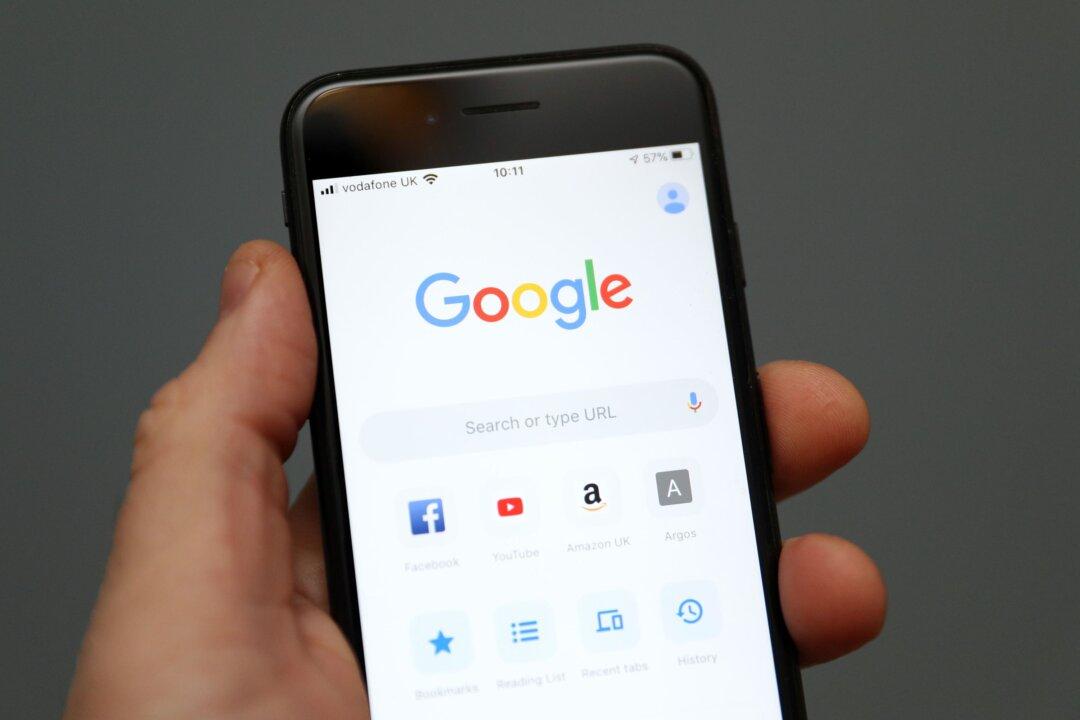A case against the alleged unauthorized collection of data from Google users has been revived, with a U.S. appeals court ruling that the judge who dismissed the litigation erred in her ruling.
Google Chrome users who say they did not authorize Google to collect data from them will take their case to trial after the U.S. Court of Appeals for the Ninth Circuit ruled in their favor, pointing to Google’s policies.





